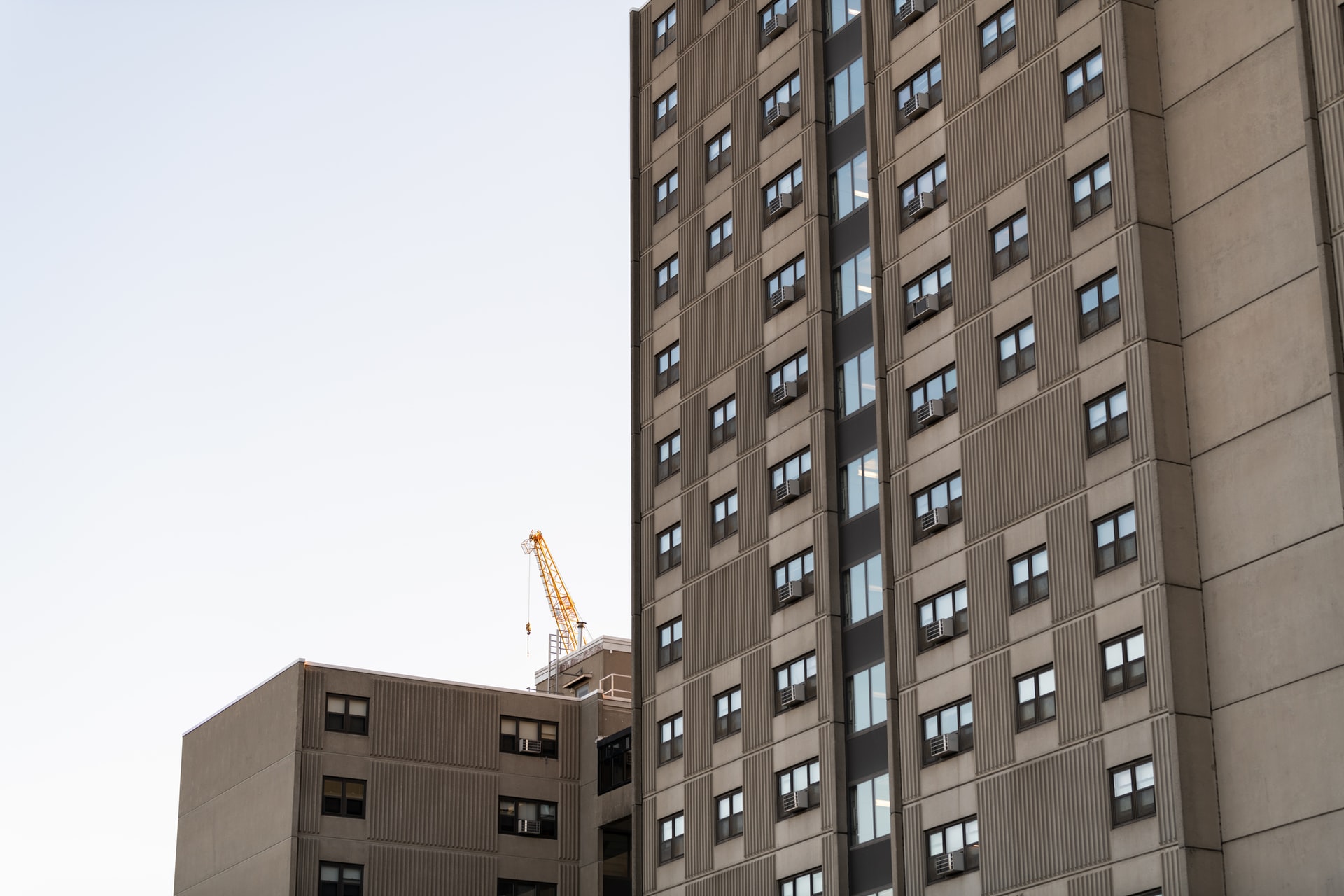By Laurence Kotlikoff
Originally posted at The Seattle Times, August 2017.
There’s a shiny new high-rise in Boston. It’s strikingly beautiful, with deep blue glass that reflects the sky. The other day I drove past the new tower and saw the huge sign: “To rent or own, call …”
Curiosity got me. I dialed the number.
“Hi, my wife and I are thinking of moving into your new tower,” I fibbed. “Are you renting or selling?”
“What does a one-bedroom cost?”
“We’ve got a lovely one-bedroom on the 26th floor. Beautiful, partially obstructed view. Just a short elevator ride to our ‘Levity Lounge’ with a spa and huge roof deck.”
“Sounds great. How much?”
“$966,800.”
“How big is this place?”
“612 square feet.”
“You’re asking a million bucks for 612 square feet?”
“Yes, it’s a tight market. And these are luxury apartments with subzero refrigerators, 10-foot ceilings, a partial view of the Charles and a 24/7 doorman.”
“There’s a monthly condo fee, right? How much?”
“$495.”
“I think there is a monthly charge.”
“How much is it to rent that apartment?”
“Close to $3,500 a month.”
When I told my wife, who’s a real-estate manager, she was equally shocked. We knew prices had risen in Boston, but not by that much.
Personally, I think the Boston housing market will crash, as it does every decade or so. Prices are up about 15 percent from a year ago. But construction is truly out the wazoo, and the rents don’t seem to justify the prices. Or do they?
Take the $966,800 condo. Thirty-year jumbo mortgage rates are now 4.125 percent.
Hence, if you could borrow all $966,800, your mortgage payment would end up at $4,697 per month. Add in the $495 condo fee and we’re talking $5,192. If you rented it, you’d be out $3,500 per month before maintenance and property taxes.
Buying as investment
So, buying the place as an investment would mean paying over $2,000 more per month than renting it. That’s an annual loss of roughly $25 grand!
On the other hand, if prices were to rise by another 15 percent in the next 12 months, your investment would produce an extra $145,020!
Moreover, if inflation takes off, you’d be able to pay back that monthly mortgage payment in watered-down dollars. There may also be some tax breaks, depending on your taxable income.
This sort of calculation is surely why people are spending close to $1 million for a home in which you can barely turn around. But it’s risky business.
The $145k “sure-thing” capital gain could easily turn into a $145k capital loss.
This is why if you’re going to invest in real estate, it surely makes more sense to invest in REITS — real estate investment trusts.
If you go to reit.com, you’ll see that REITS have had a terrific track record compared to investing in stocks or bonds over many, many years.
But what if you aren’t investing, but intend to live in your home? How does that factor into your purchase versus rent decision?
If you intend to live in your home for many years, buying, if you can swing the cost, probably makes the best sense. I have six reasons.
• First, your rent won’t rise unexpectedly.
• Second, you won’t be forced to move because the owner has sold the property.
• Third, you’re largely insulated from housing price bubbles or crashes. What do you care if the price of your house skyrockets or plummets? You’re not selling or buying.
• Fourth, your mortgage payments may provide some tax breaks depending on your income. If you don’t itemize your deductions, forget about it. But if you do, your taxes will be lower.
• Fifth, paying off your mortgage provides you with a safe high-yield way to save. You can’t earn 4.125 percent on long-term government bonds these days. But paying off your mortgage is equivalent to investing at the mortgage rate.
• Sixth, owning your home is a great hedge against living too long. It represents a housing annuity — as long as you are living there, it will keep providing you with shelter.
This said, a lot of people aren’t going to stay put for the long haul. For them, purchasing is a much riskier proposition.
This article was originally published at The Seattle Times on August 5, 2017. (http://bit.ly/2iGsCAV)

0 Comments